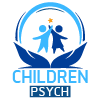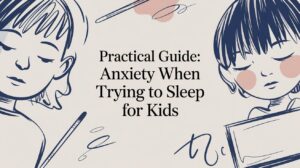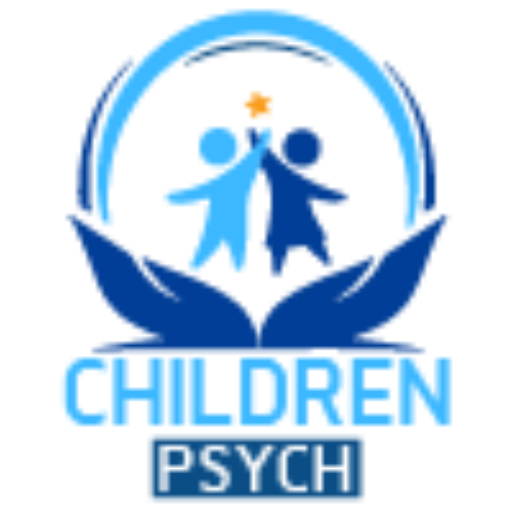As adults, we often underestimate the transformative power of play. However, for children, play is much more than just a form of entertainment. It is a natural language that allows them to explore, express, and make sense of their emotions and experiences. Play therapy harnesses this innate ability, providing a safe and therapeutic space for children to heal and grow. In this blog post, we will delve into the profound benefits of play therapy for children.
Emotional Expression and Regulation:
Play therapy offers children an outlet for expressing their emotions freely, without the constraints of verbal communication. Through various play materials such as dolls, art supplies, and puppets, children can act out their experiences, feelings, and challenges. This creative expression allows them to process and regulate their emotions effectively, leading to improved emotional well-being.
Communication and Language Development:
For children who struggle with verbal expression, play therapy becomes a vital tool for communication. Play acts as a symbolic language, enabling them to convey their thoughts and experiences in a non-threatening manner. By engaging in pretend play scenarios, children can express their desires, fears, and needs, fostering language development and enhancing communication skills.
Problem-Solving and Coping Strategies:
Play therapy encourages children to explore and engage with various scenarios, enabling them to develop problem-solving and coping strategies. Within the safe confines of the therapy session, children can experiment, make choices, and learn from their experiences. Through play, they develop resilience, creative thinking, and the ability to navigate challenging situations, enhancing their overall problem-solving skills.
Self-Esteem and Confidence Building:
Children who face emotional difficulties or have experienced trauma often struggle with low self-esteem and confidence. Play therapy provides a supportive environment where children can experience success and gain a sense of accomplishment. Whether building a tower with blocks or completing a puzzle, every achievement within the play therapy session boosts their self-esteem, instills confidence, and fosters a positive self-image.
Healing Trauma and Resolving Emotional Wounds:
Play therapy is particularly effective in helping children heal from traumatic experiences. Trauma-focused play therapy techniques allow children to reenact traumatic events in a controlled and safe setting. By processing their trauma through play, children gradually develop a sense of mastery and begin to regain a feeling of safety and control over their lives.
Enhancing Social Skills and Empathy:
Through play therapy, children engage in various types of play, including cooperative play, group play, and pretend play. These interactions foster the development of social skills, such as sharing, turn-taking, and conflict resolution. Additionally, engaging with others’ perspectives during play helps children develop empathy and understand different emotions, fostering healthier and more positive relationships.
Stress Reduction and Emotional Regulation:
Children often experience stress and anxiety due to various factors such as family dynamics, school pressures, or traumatic events. Play therapy offers a dedicated space for stress reduction and emotional regulation. Play activities help release tension and anxiety, providing a sense of relief and relaxation. Moreover, the therapist can guide children in developing healthy coping mechanisms to manage stress and regulate their emotions effectively.
Conclusion:
Play therapy is a powerful therapeutic approach that recognizes the unique language of children—play. Through play therapy, children can heal emotional wounds, express themselves, develop essential life skills, and foster healthy relationships. By embracing the transformative power of play, we can create a brighter, more resilient future for our children.




